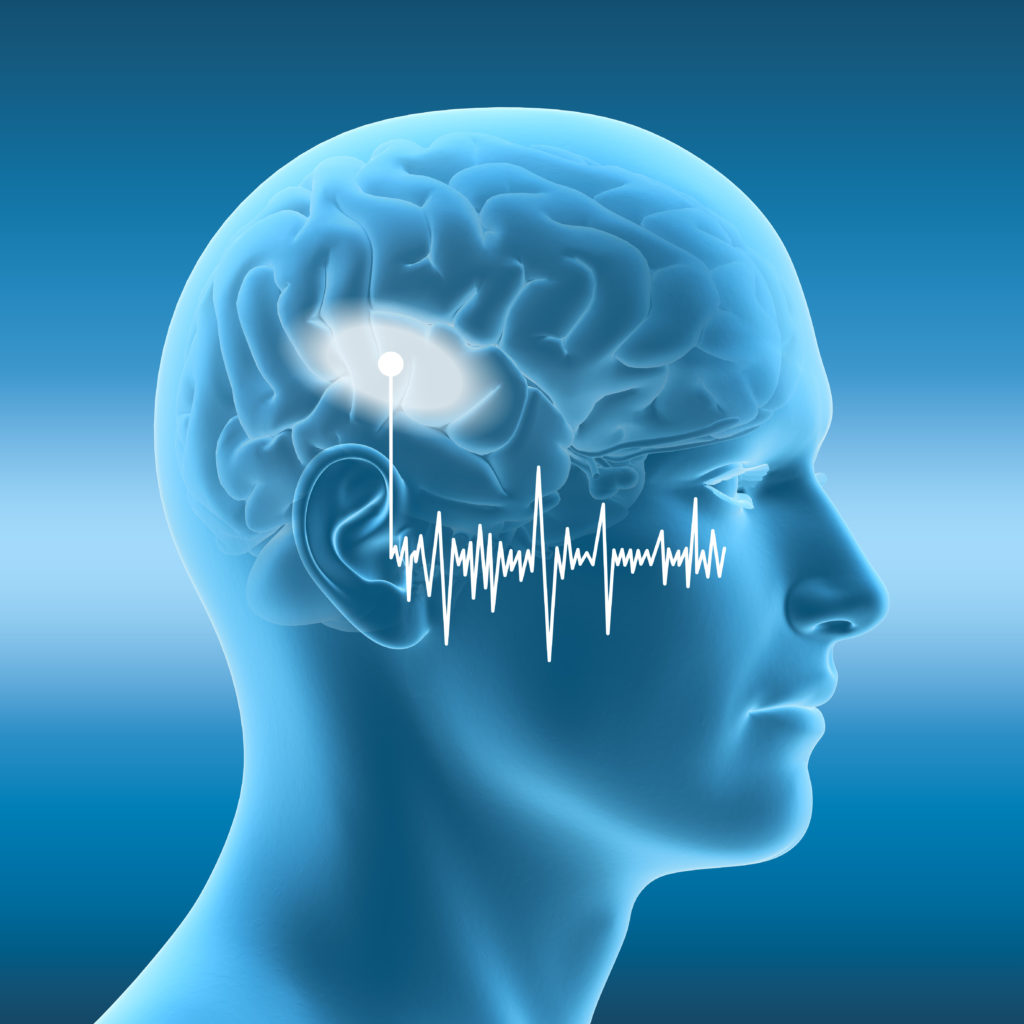It’s Your BRAIN That Hears NOT Your EARS
Your ears and your brain work together to hear and understand sounds/speech.
It is your brain….
- That uses the information from your ears to localize sound.
- That allows one to recognize sounds
- Helps one focus on a conversation.
- Helps one filter/separate unwanted noise.
All four of these tasks (localization, recognition, focus, and separation) are happening simultaneously and continuously inside your brain.
Hearing aids can only do so much to help you hear! Hearing aids DO NOT give you normal hearing, they merely amplify sounds (based on your prescription provided through a full audiologic examination) to help you hear in situations in which you are having difficulty. It is your brain that does the processing.
NOTE: If your Audiologist has determined that you have poor word recognition/speech understanding ability, hearing aids will help you hear, but they don’t help you process/understand speech. Communication skills are crucial in this situation. Poor word recognition abilities can prevent one from “understanding” speech in many daily activities, especially noisy/complex listening environments. Visual cues for face to face communication are necessary to help overcome the distorted/damaged central auditory system.
Here are some conditions that may affect your brain and in return affect your processing ability:
- Multiple sclerosis
- Brain injury through trauma
- Stroke
- Memory loss (i.e. Alzheimer’s or dementia)
- Untreated hearing loss→deprives the brain of important sound stimuli. This deprivation has been linked to irreversible brain deterioration and accelerated brain shrinkage.



